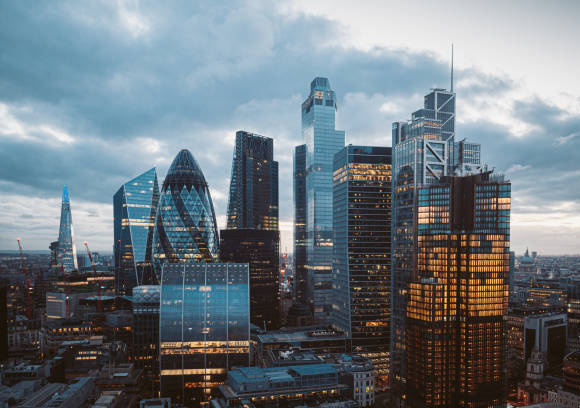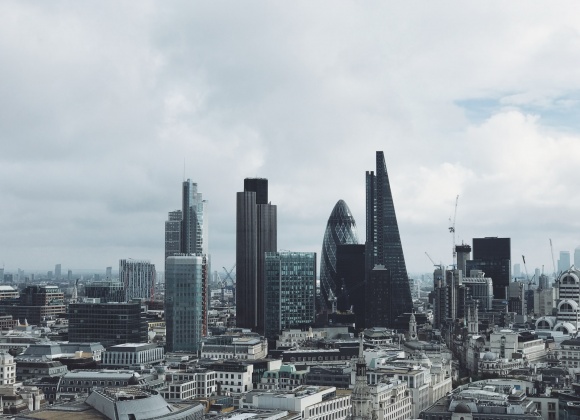Green Glasgow: 7 Things To Know About The Sustainable City
Glasgow has been awarded global recognition as a sustainable city and received the award of a Global Green City in 2020. Leader of Glasgow City Council, Councillor Susan Aitken, stated that: “Glasgow is committed to achieving carbon neutrality by 2030 and the city is joining together across a broad partnership to meet the challenges faced by the climate emergency.”
Glasgow has made significant efforts to reduce harmful emissions and create a greener city. Here are some of the key things you should know about this sustainable city in Scotland:
1. Glasgow has designated Low Emissions Zones
Low emissions zones (LEZs) have been introduced across Glasgow to help fight pollution, improve air quality, and encourage the use of green public transport. LEZs were first introduced in December 2018 and have now been rolled out across the city. In LEZs, you can only drive vehicles that meet a specified emission standard. You can click here to view a map of Glasgow’s LEZs.
2. The council has introduced ultra-low emission buses
As part of Glasgow’s new LEZs, ultra-low emission buses have been introduced that offer a convenient and green way to travel around the city. The low-emission buses were launched in October 2018 on the 75 city service. The line has now been extended and operates across the 18, 241, and 34 city services. You can now use the green bus network to access most areas of Glasgow and the surrounding areas.
3. One bus can remove 75 cars from the road
Travelling via low-emission buses is a great way to fight air pollution, reduce congestion, and save money on travel. A recent report found that one bus can remove 75 cars from the roads in the city and reduce annual carbon emissions by 67,200kg.
4. The council received £4.75 million in green funding
Glasgow has placed a big focus on making homes greener and more economical. In June 2020, the council received £4.75 million in funding to help make Glasgow’s homes more energy-efficient.
The Energy Efficient Scotland funding has several core objectives. This includes fighting fuel poverty, lowering carbon emissions, and helping homeowners install energy-saving measures. The scheme supports Scotland’s pledge to make existing buildings near zero-carbon by 2050.
5. All properties require an Energy Performance Certificate
All properties in Glasgow also require an Energy Performance Certificate (EPC). A commercial or residential property that’s advertised for sale or rent/lease will legally require an EPC. You may also need to obtain a new Glasgow EPC if you are applying for a government energy grant or simply want to know your energy score.
6. The city has more than 90 gardens and parks
Glasgow has aspirations to become one of the most sustainable cities in Europe and there has been a major push to create more green spaces. There are now more than 90 parks and gardens in the city and eight of these have received the UK’s Green Flag award. Glasgow’s green spaces play a vital role in the health and wellbeing of its residents.
Glasgow Green Park is the largest park in the city and has an area of 55 hectares. £15.5 million of funding was provided by the council to restore the park and transform it into a safe and attractive green space to be enjoyed by residents and visitors.
7. Glasgow has the second largest proportion of greenspace
At 32%, Glasgow has the second largest proportion of green space for its residents of any UK city – according to the BBC. The capital of Scotland, Edinburgh comes in top place with an impressive 49% of green space.
Having green spaces in cities is extremely important as it helps fight pollution, encourages outdoor activity, and improves social interaction. Studies show that people living near green spaces tend to be healthier and happier than people without access to green areas like gardens and parks.
Summary
Glasgow has made huge efforts towards sustainability and is now regarded as one of the greenest cities in Europe. In 2020, Glasgow was awarded the status of a Global Green City and received high scores in a variety of criteria including transport, planning, low carbon and energy efficiency and, buildings.
Glasgow is a popular tourist destination and is a fantastic example of how cities can reduce their environmental impact. Hopefully, other cities will follow suit and start working towards a healthier and more sustainable future.



